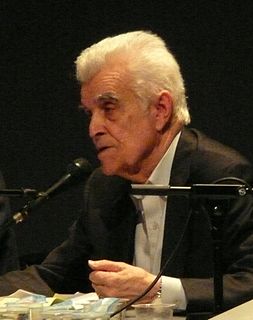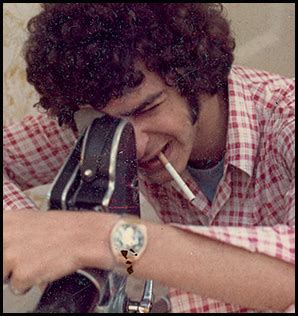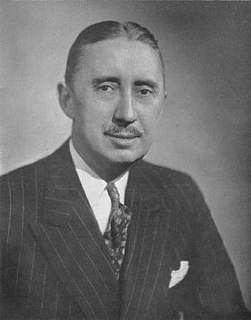A Quote by Murray Bookchin
Our Being is Becoming, not stasis. Our Science is Utopia, our Reality is Eros, our Desire is Revolution.
Related Quotes
I think that human beings have gotten as far as we've gotten because of our adaptability, our ability to adapt, and our ability to dovetail our technologies - our brains to our tools. With the Industrial Revolution, we transcended the limits of our muscles. With the digital revolution, we transcend the limits of our minds.
Our strategy should be not only to confront empire, but to lay siege to it. To deprive it of oxygen. To shame it. To mock it. With our art, our music, our literature, our stubbornness, our joy, our brilliance, our sheer relentlessness — and our ability to tell our own stories. Stories that are different from the ones we’re being brainwashed to believe. The corporate revolution will collapse if we refuse to buy what they are selling — their ideas, their version of history, their wars, their weapons, their notion of inevitability.
Chairman Mao creatively applied Marxism-Leninism to every aspect of the Chinese revolution, and he had creative views on philosophy, political science, military science, literature and art, and so on. Unfortunately, in the evening of his life, particularly during the "Cultural Revolution", he made mistakes - and they were not minor ones - which brought many misfortunes upon our Party, our state and our people.
King's response to our crisis can be put in one word: revolution. A revolution in our priorities, a reevaluation of our values, a reinvigoration of our public life and a fundamental transformation of our way of thinking and living that promotes a transfer of power from oligarchs and plutocrats to everyday people and ordinary citizens.
Our soul, our true self, is the most mysterious, essential, and magical dimension of our being. In fact, it is not a separate reality, as traditional Western thought views it, but the cohesive force that unites our body, heart, and mind. It is not a ghost trapped somehow in the physical machinery of our body but the very essence of our being.
Most people would say they live with an internal angst that they can't always put their finger on. This is because the Internet has changed our very way of being in this world, compelling us to be perpetually "on" - from our cars to our computers, our tablets to our smartphones, our desks to our living rooms or dining tables, our churches to our libraries to our schools.
Our experience of reality is the result of the magical alchemy of the creation of our thoughts, our beliefs, our decisions, our attitudes, our feelings. All of these are, for the most part, unconscious. Mindfulness allows us to watch these thoughts and choices and decisions without being triggered and having to take action and give meaning.
We have this idea that everyone should be totally independent, totally whole, totally together spiritually, totally fulfilled. That is a myth. In reality, our lack of fulfillment is the most precious gift we have. It is the source of our passion, our creativity, our search for God. All the best of life comes out of our human yearning, our not being satisfied.



































